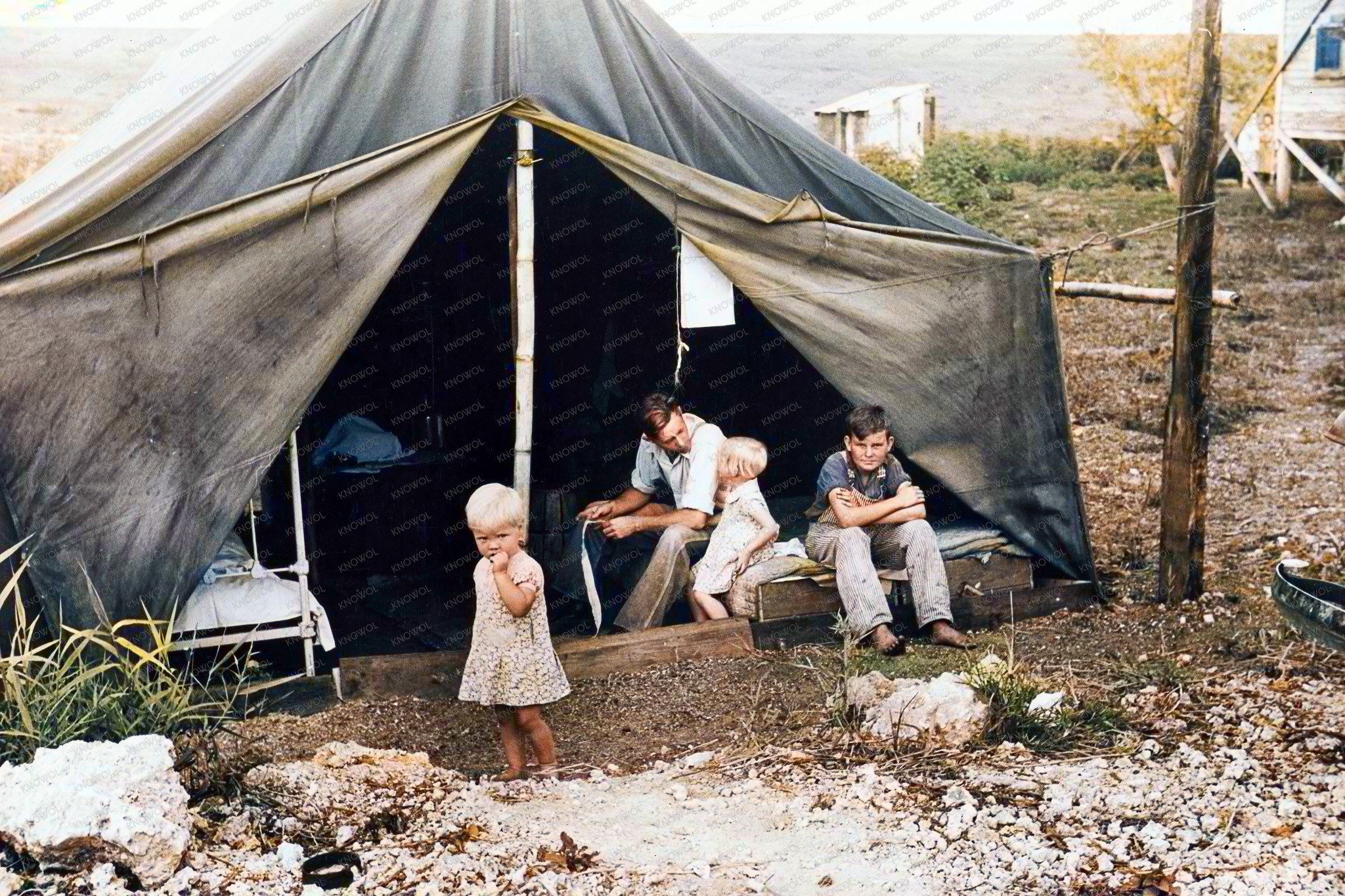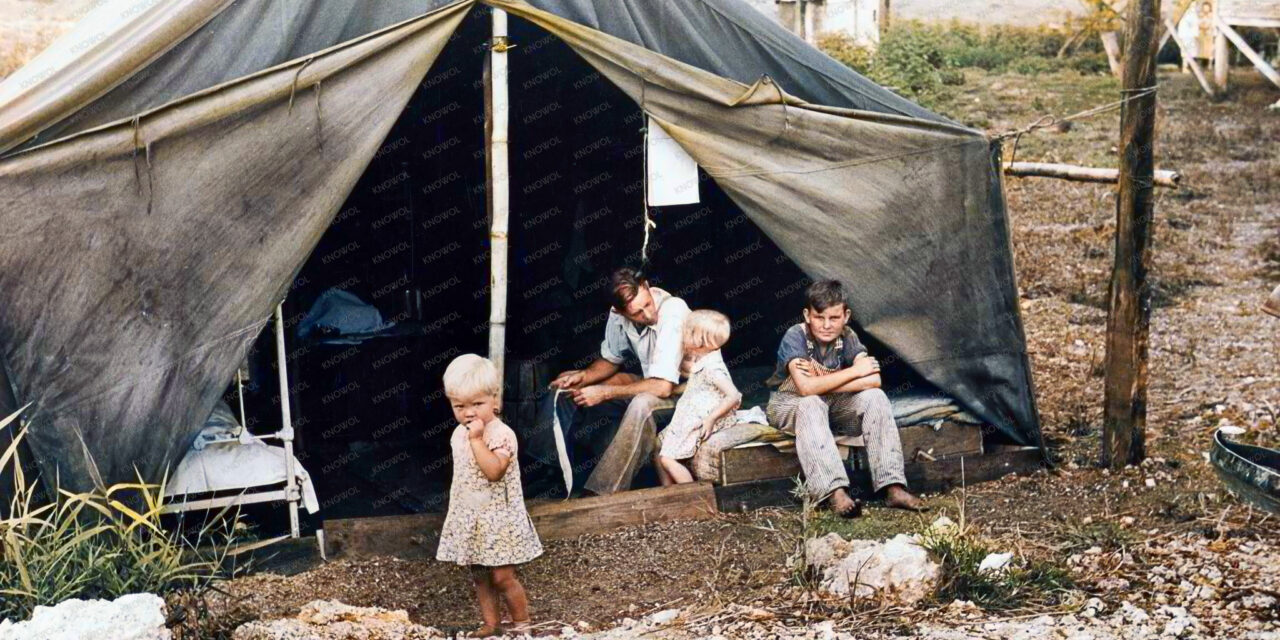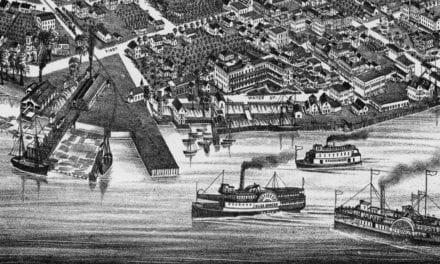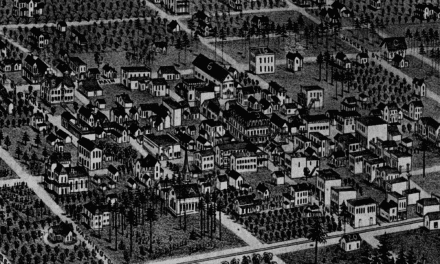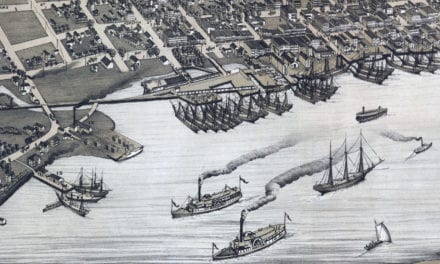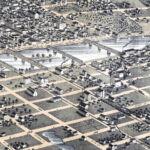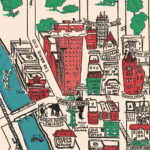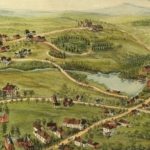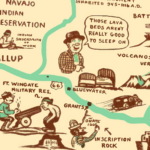This photograph, taken by Marion Post Wolcott, shows a migrant laborer’s family near Canal Point, Florida in February 1939. The man sits with his children in their tent, a typical living arrangement for migrant workers during this era.
The Great Depression had ravaged the country’s economy, leading to widespread unemployment and poverty. In rural areas, especially in agricultural regions like Florida, families often traveled great distances following harvests and worked long hours for low wages under harsh conditions imposed by both the climate and the agricultural industry.
Packinghouses such as the one where this man worked processed fruits and vegetables for sale. The crops were cleaned, sorted, and packed for shipment. These packinghouses were essential to Florida’s large citrus, strawberry and vegetable industries. The work involved long hours and hard manual labor, often employing migrant workers like this.
Wolcott’s work was part of the FSA’s mission to document the lives of impoverished Americans, aimed to influence New Deal policies. This particular photo underscores the human cost of agricultural growth in the U.S. and contributes to the understanding of America’s agricultural history and the challenges of migrant labor. Restored and colorized by KNOWOL, the image now serves as a historical record of the resilience of migrant families and their role in shaping America’s agricultural legacy.
